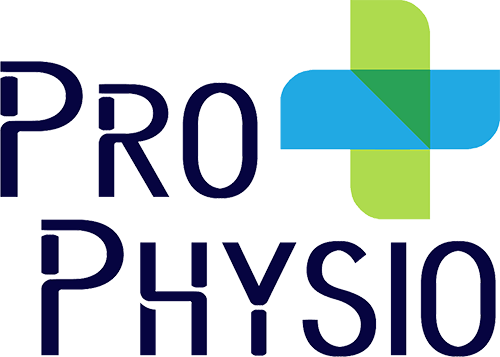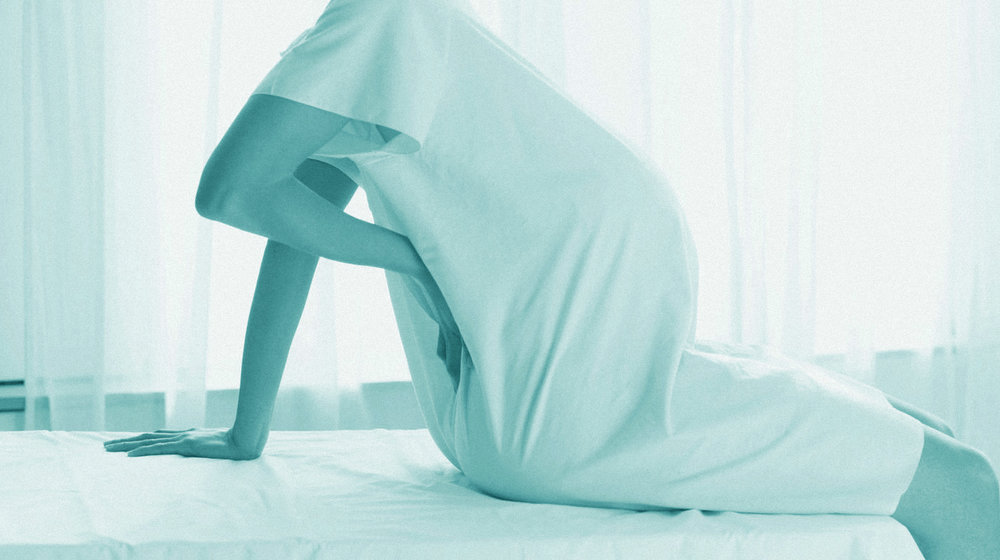Pregnancy Posture
With poor posture, every step is sending unbalanced forces through the body, setting the stage for injury!
As the muscles and ligaments have also adapted, they are no longer able to respond promptly to protect the body.
Common complaints are pain in the neck, back, shoulder and reduced balance. The increased demands the mother faces in lifting and tending to the newborn’s needs increase these complaints. Beautiful moments of bonding are coloured by pain.
A Physiotherapist with specific experience in obstetrics and gynaecology are able to consider the full picture of the mother’s physical changes and provide comprehensive care to alleviate the pain. As the wider ‘view’ of the mother’s concerns are dealt with, re-occurrence of pain and injury at a later time can further be prevented.
The most obvious change is the increased curvature in the small of the back. This occurs to counterbalance the growing baby in the abdomen as illustrated in Figure A.

As the baby grows, the rectus abdominis, also known as the ‘six pack’ muscle lengthens and splits in the middle as shown in figure B. This is termed diastasis recti and incidence reported is as high as 67%.
After delivery, the distances between the split muscle decreases but may not return to pre–pregnancy states. The weakness in the ‘six pack’ muscle reduces the natural ability of the body to correct the postural change.

The knee jerk reaction is to do sit ups and as physiotherapist, I highly advise against this!
The weakening in the abdominal muscles means they will not be able to withstand the increased abdominal pressures created by a sit up and you are likely to give yourself a hernia.
The muscle itself is not strong enough after delivery. Sit ups will strain the rectus abdominis and further widening of the diastasis recti.
Seeking physiotherapy treatment is advisable to prevent injury while resuming pre-pregnancy lifestyle – as well as attending to new duties.
– Abi

